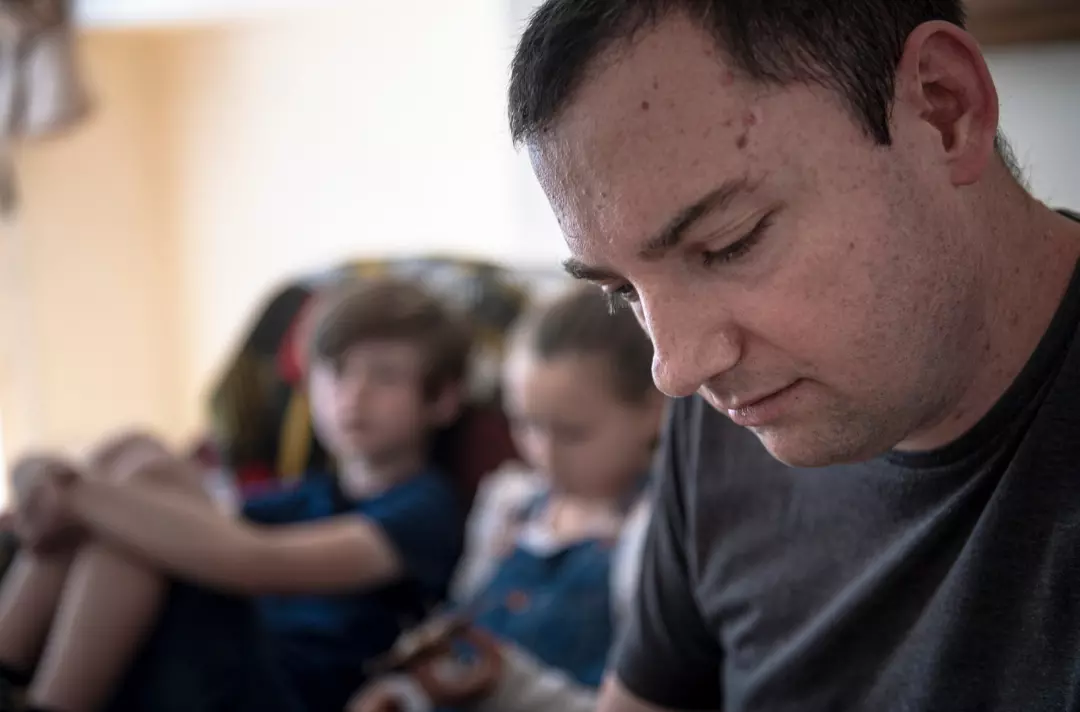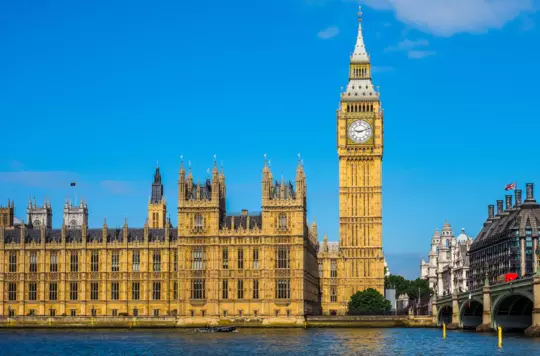11 April 2022
'We have a responsibility to speak into public policy on behalf of those we serve'
Captain Marion Rouffet

Captain Marion Rouffet highlights the role of the Army’s Public Affairs Unit and the biblical basis for its work.
The Salvation Army’s engagement with public affairs is perhaps more easily understood as a concern with social justice and reconciliation, an area in which public policy meets our responsibility to speak up and speak out.
Throughout the Old and New Testaments the call for us to do justice is clear. ‘Learn to do good,’ Isaiah instructs the people of his time. ‘Commit yourselves to seeking justice. Make right for the world’s most vulnerable – the oppressed, the orphaned, the widow’ (Isaiah 1:17 The Voice).
Likewise, Father Michael Marsh, a priest in the American Episcopal Church, writes: ‘If you want to know where Jesus stands, what he stands for and with whom he stands, look for the places of brokenness and dis-ease; look for love, justice, compassion, peace; look for people who are hurting, marginalised, oppressed, devalued. That’s where we see Jesus drawing a line in the sand and taking a stand.’
Standing against injustice can be as simple as supporting a vulnerable neighbour who is being taken advantage of or providing food for someone who cannot afford to buy what they need to live.

As The Salvation Army we also have a responsibility to speak into public policy, locally and nationally, on behalf of those we serve. This is made clear in one of our territory’s mission priorities: ‘Seek justice and reconciliation.’
The work we do in corps and through Employment Plus, the Anti-Trafficking and Modern Slavery Unit and our Homelessness Services means that we can add our voice to local and national government decisions and change situations for the better for those with whom we work. These are areas where we can present the evidence of our daily work to support change.
That is what the Public Affairs Unit (PAU) exists to do. Through building relationships with local authority figures, it assists corps in engaging in these conversations in their own contexts. Whether it be MPs, metro mayors or district, county or borough councillors, all have a part to play in making the decisions that impact people’s lives. As such, they have a responsibility to seek social justice, whatever their political persuasion.
The shaping of public policy is a continuous series of value judgements. It is not difficult to understand, therefore, how inequality and social injustice exist in these processes. Sadly, certain groups, individuals and issues are under-represented at times and more likely to fall through the gaps in these imperfect systems.
While it is easy to stand back and criticise decision makers from afar, it is much more effective to engage with them and offer a different perspective as we strive towards fullness of life for all with Jesus.
While the question of justice will have different answers for different people, we can certainly highlight the things we see that others may not.
As part of the body of Christ, we are called not just to faith but also to action. The Army therefore has a role to play in advocating for those who struggle to be seen and heard. We can do this locally and nationally by speaking to the people who make decisions that affect us all.
As a movement we are non-partisan. However, as Christian activist and author Shane Claiborne says: ‘To be non-partisan doesn’t mean we’re non-political. We should refuse to get sucked into political camps and insist on pulling the best out of them all. That’s what Jesus did – challenge the worst of each camp and pull out the best of each.’
Throughout the Gospels we see Jesus consistently challenging injustices and role-modelling reconciliation. We do not have to look far to find examples of him confronting the powerful and advocating for the oppressed.
These counter- cultural Kingdom values are seen in action in his encounters with Zacchaeus (see Luke 19:1–10) and the woman at the well (see John 4) as well as in the parable of the wedding feast: ‘Then Jesus turned to his host and said, “When you throw a banquet, don’t just invite your friends, relatives or rich neighbours – for it is likely they will return the favour. It is better to invite those who never get an invitation”’ (Luke 14:12 and 13 The Passion Translation).
Some Christians have questioned the Church speaking into political decisions, suggesting it is a step beyond Jesus’ command to love the unlovable, feed the hungry, give a drink to the thirsty, invite in the stranger, clothe the naked and visit the sick and those in prison. We are not Jesus, so why get involved at all?
While it has become normal to think of politics as any issue on which people disagree, where one side is right and the other is wrong, let us remember that the basic tenets of our faith – grace and mercy, radical hospitality and love of neighbour – reach beyond politics and all have political ramifications.
Speaking into political discourse should not be all that we do. However good our governments or great the policies that are made, they cannot do the work of community, love, reconciliation and restoration. Political advocacy does not remove the need for God’s transforming grace or sharing the journey, practically assisting and doing the hard work of love. It is no more or less important than these things. It is, however, part of them.
As a movement, we have both the opportunity and the responsibility to challenge when we observe injustice and encourage when we see things that are good. It is as much an element of ‘whatever you did for one of the least of these brothers and sisters of mine, you did for me’ (Matthew 25:40) as giving a cup of water to someone who is thirsty or a meal to someone who is hungry.
Our commitment to justice for those less heard must be more than just someone else’s job; it must be deep-rooted in our commitment to biblical living.
- This article was originally published in Salvationist magazine on 4 December 2021.
Written by

Captain Marion Rouffet
Corps Officer, Maidstone, and Public Affairs Officer, THQ
Discover more

We speak into areas of public policy to support change for the benefit of some of the most disadvantaged people in our communities.

Captain Marion Rouffet highlights the biblical basis for the Army’s response to modern slavery.

Helping Salvationists engage in moral and social issues in their communities.

